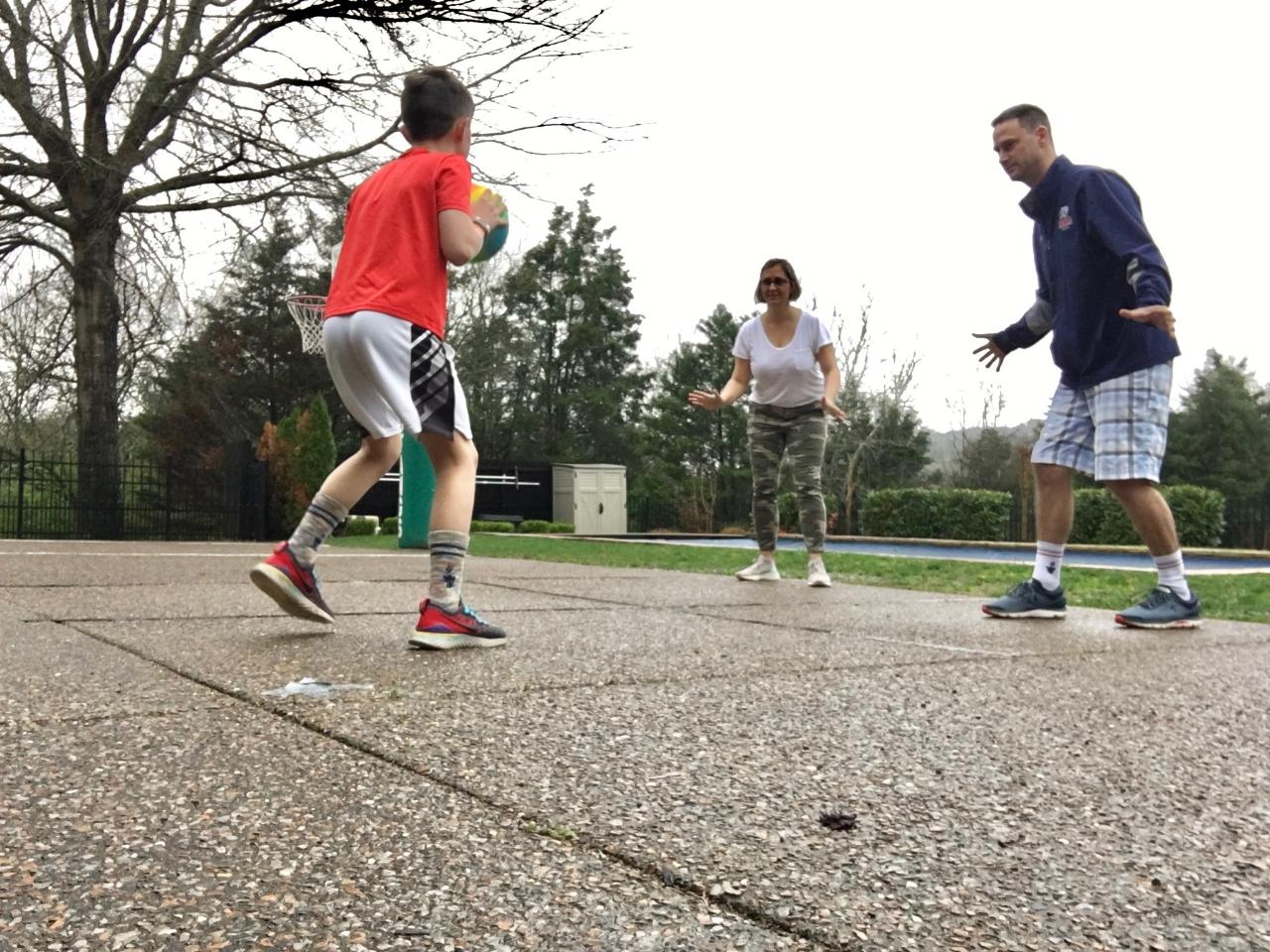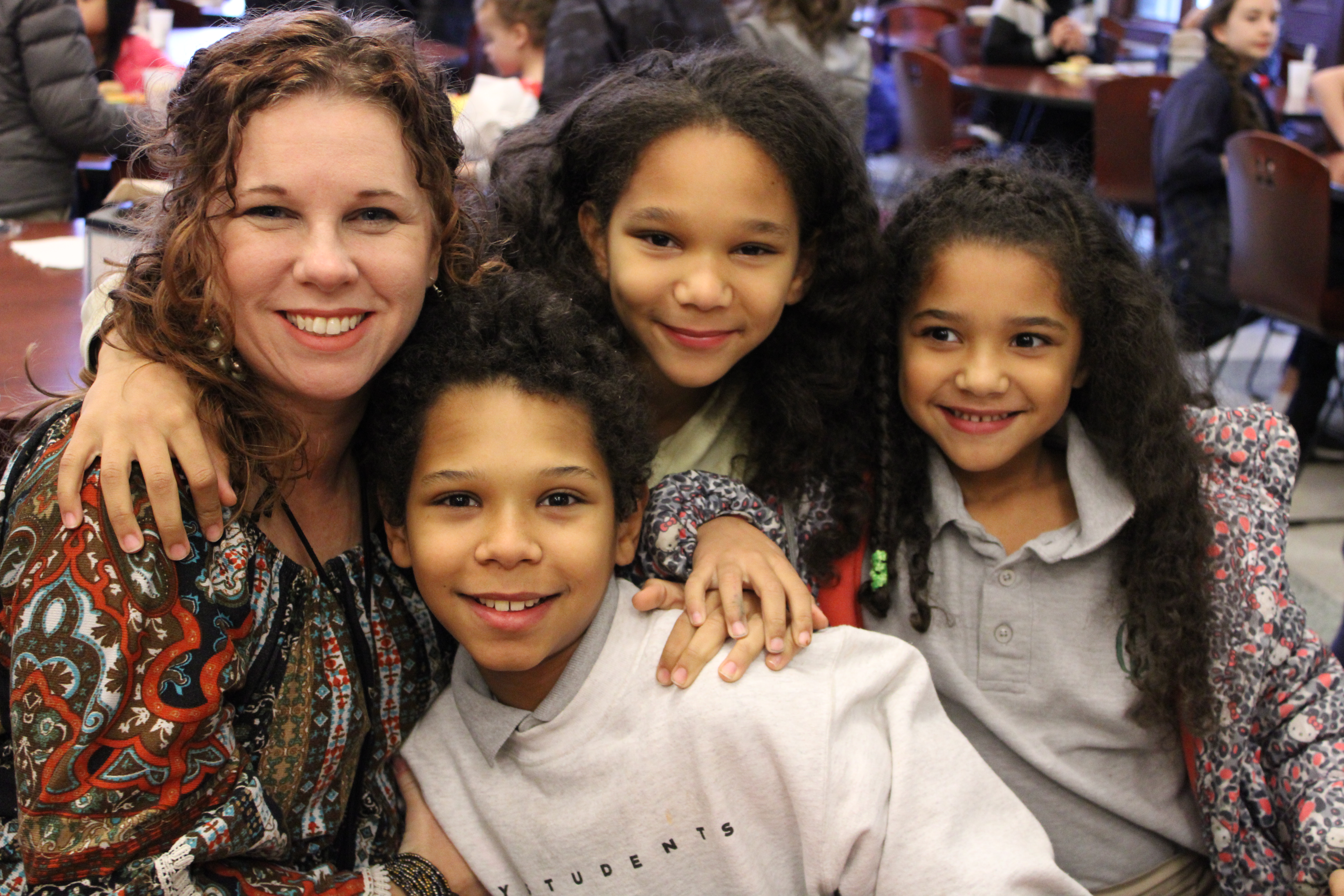We are all exploring options for the best avenue to deliver distance learning through learning platforms. Meanwhile, I’m left worried about where this leaves student-athletes who have been preparing for spring sport seasons. Making sure we deliver curriculum in the absence of in-person education is important, but let’s not forget about extra-curricular programs.
As we are in the midst of midyear Individualized Learning Plan (ILP) conferences, I have been reminded of the important role that parents play in their child’s education. Currey Ingram strongly values our working relationships with parents. The roles are different, but each must support the efforts of the other to benefit the child.
Topics: Parenting
All high school students at Currey Ingram Academy have an individualized learning plan (ILP). As a dyslexia boarding school, Currey Ingram understands that students with broad language difficulties may need further assistance. That is why high school students are provided with everything from emotional intelligence skills development to aid in fine-tuning their executive functioning abilities.
ILPs are extremely valuable for students with dyslexia with average to above-average comprehension skills. In this range, students that attend the dyslexia boarding school may only need slight accommodations. These may include:
Topics: dyslexia
Currey Ingram Advantage
- What difference could the right school make in your child’s life?
- Imagine what success can look for your child.
- Our approach to teaching and learning is designed to empower every student to reach his/her fullest potential.









